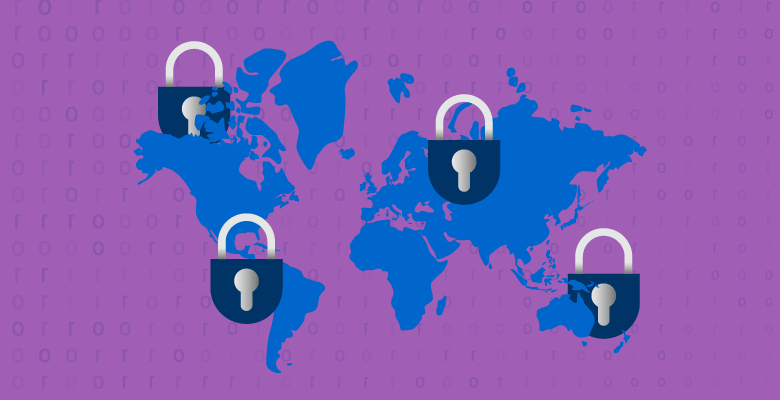
@ShahidNShah


Experts Atul Butte and Jim Stolze answer our audience's insightful questions from our data monetization event.
In February we had the pleasure of hosting both Atul Butte and Jim Stolze in our latest virtual event – Data monetization in healthcare: How to safely share your data for the sake of science.
The role of the patient in the future of data monetization
Q2: In the spirit of the low code/no code trend, is it possible to simplify AI tools so that even patients and consumers could potentially analyze their data and manage their care in the future?
Atul Butte: Yes, indeed I think AI-driven tools to help patients understand their own data is the future.
That’s going to change, as AI trained with health data is used to best inform a patient what could be next for them, and what might be missing in their health care.
But I don’t think it’s the patient’s responsibility to store and guard the data.
Atul Butte: Certainly patients should have as much data on themselves as possible (and when appropriate, their family members).
But we as health systems cannot depend on patients having their data when we need it.
We also need to keep the data we have on our patients as well.
Q4: How do you ensure the accuracy of AI algorithms given that there may be bias in the data sets?
Atul Butte: We believe that AI trained on larger and larger data sets, with data from more diverse individuals, is the best way to ensure the most generalizable and robust algorithm possible.
Q5: Is there a risk that Real-World Data (RWD) could be a source of bias considering that the data generated is from patients who have access to relatively better medical care to start with?
So having access to data to train computers in a safe, responsible way, is likely going to be quite valuable for health systems, companies, and patients.
Continue reading at healthcaretransformers.com
rtificial intelligence (AI) is predicted to save the US healthcare economy $150 billion by 2026. Replacing legacy systems and changing standard operating procedures, hospitals are moving to capitalize …
Posted Apr 27, 2022 Digital Innovation Healthcare
Connecting innovation decision makers to authoritative information, institutions, people and insights.
Medigy accurately delivers healthcare and technology information, news and insight from around the world.
Medigy surfaces the world's best crowdsourced health tech offerings with social interactions and peer reviews.
© 2025 Netspective Foundation, Inc. All Rights Reserved.
Built on Apr 17, 2025 at 6:07am